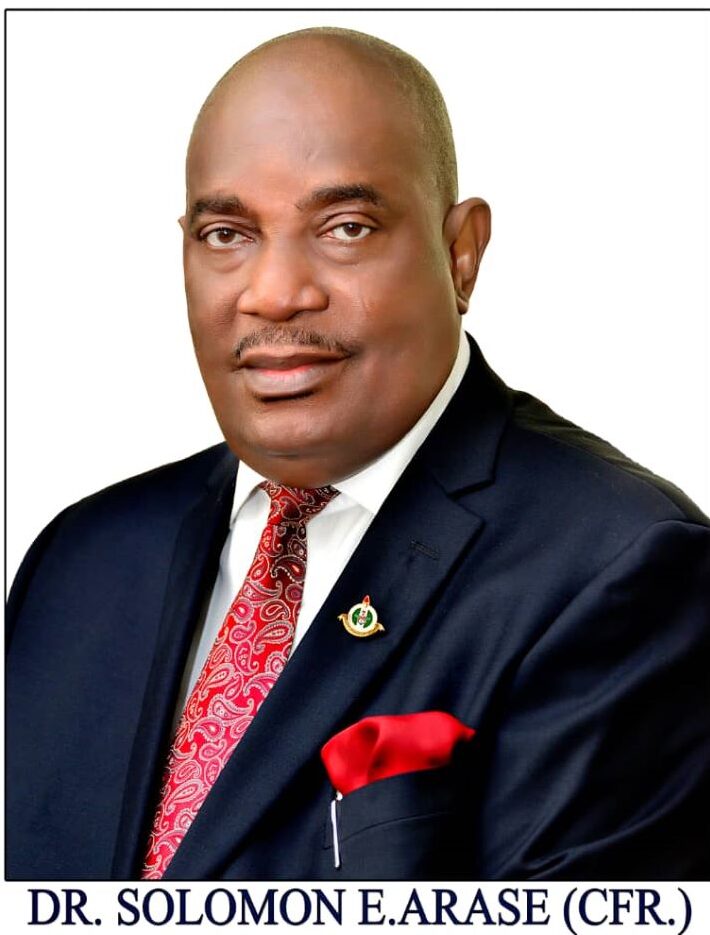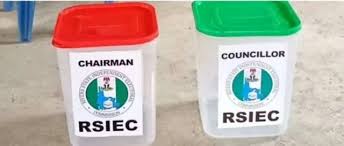
Dr Timi Olubiyi: Ready to offer practical policy recommendations that support digital transformation, green initiatives, and financial accessibility for SMEs.
The Renewed Hope Agenda is President Bola Ahmed Tinubu’s comprehensive plan aimed at revitalizing Nigeria’s economy, enhancing social welfare, and promoting sustainable development. It focuses on economic diversification to reduce dependence on oil, with an emphasis on manufacturing, agriculture, and technology. The agenda encourages green practices, infrastructure improvement, and job creation, particularly for SMEs, which are key to fostering inclusive growth. It also prioritizes public sector reforms to streamline governance and attract investment, alongside empowering youth and women to actively contribute to the economy. Overall, the agenda seeks to create a more resilient, competitive, and equitable Nigeria. Dr. Timi Olubiyi’s expertise in SME development and his advocacy for digital transformation, green practices, and policy reforms aligns perfectly with the agenda’s goals. So, Dr Timi Olubiyi can provide valuable insights on the review and progress of the Renewed Hope Agenda effectively
Dr. Timi Olubiyi, you have been an advocate for the pivotal role of SMEs in driving inclusive economic growth. How does the Renewed Hope Agenda address the challenges SMEs face in Nigeria, and what improvements could be made?
The Renewed Hope Agenda recognizes the critical role of SMEs by promoting a more diversified and sustainable economy. It emphasizes local production and reducing import dependency, which will directly benefit SMEs. However, more focus is needed on simplifying the regulatory framework and providing affordable access to finance for SMEs.
From your experience, what are the primary challenges SMEs face in Nigeria, and how can the Renewed Hope Agenda help overcome them?
Challenges include lack of access to funding, poor infrastructure, and outdated regulations. The agenda’s emphasis on diversifying the economy is a step in the right direction, but regional cooperation and regional policy reforms are essential for creating a more enabling environment for SMEs to thrive.
You have highlighted the importance of integrating green practices into businesses. How can the Renewed Hope Agenda support SMEs in adopting sustainable practices?
The agenda could prioritize initiatives that support SMEs in adopting renewable energy and eco-friendly practices, which will lower operating costs and improve sustainability. Governments should offer subsidies or tax incentives to SMEs embracing green practices to enhance long-term growth prospects.
Your research stresses the need for technology adoption in SMEs. How can the Renewed Hope Agenda facilitate this transformation, particularly in small businesses?
By creating a robust digital infrastructure, making mobile-friendly digital tools more accessible, and providing affordable software solutions, the agenda can drive the much-needed technology adoption. Partnerships with tech companies could also provide SMEs with the tools and training necessary for growth.
How has your international recognition helped shape your approach to SME advocacy, and what role can international collaborations play in supporting the Renewed Hope Agenda?
Global recognition has expanded my ability to influence policy and attract resources. International collaborations can help align Nigeria’s SME policies with global best practices, ensuring local SMEs can compete on a larger scale. Cross-border partnerships can also open new markets for Nigerian businesses under the Renewed Hope Agenda.
How can the Renewed Hope Agenda enhance support for SMEs to ensure their sustainable growth and contribution to economic diversification?
While the Renewed Hope Agenda acknowledges the importance of SMEs, more robust support mechanisms are needed. The government should prioritize creating accessible financing options, reducing bureaucratic hurdles, and streamlining regulations. Additionally, fostering collaborations with private sectors and international partners for mentorship and training will help SMEs scale and compete globally. My expertise in policy advocacy and digital transformation is crucial here, as I can help design policies that enable SMEs to harness technology and green practices, ultimately ensuring long-term growth and job creation.
How can the Renewed Hope Agenda better integrate sustainable practices within the SME sector to ensure long-term environmental and economic benefits?
The agenda should provide incentives for SMEs to adopt eco-friendly practices, such as renewable energy and sustainable manufacturing processes. This can be achieved by offering subsidies, tax breaks, or low-interest loans for SMEs investing in green technology. My research has emphasized the importance of green practices, not only for environmental benefits but also as a means for businesses to reduce costs and attract eco-conscious customers. By incorporating these practices into the agenda, Nigeria can foster an SME sector that is resilient to climate change and economically sustainable.
Many SMEs are unaware of the value in seeking expert advice. How can the Renewed Hope Agenda encourage SMEs to engage with experts and advisory services?
The government should create awareness programs highlighting the benefits of consulting with experts for business growth. The agenda could include incentives for SMEs that engage in consultations, ensuring they receive the necessary support to optimize their operations, marketing, funding options and financial strategies.
Given your expertise in SME development, how can you contribute as a consultant under the Renewed Hope Agenda, particularly in terms of policy formulation and SME growth?
Sure, my background has equipped me, so I can offer practical policy recommendations that support digital transformation, green initiatives, and financial accessibility for SMEs. My experience in academic research and international collaboration can help bridge the gap between policy and practical implementation, ensuring SMEs are adequately supported.





